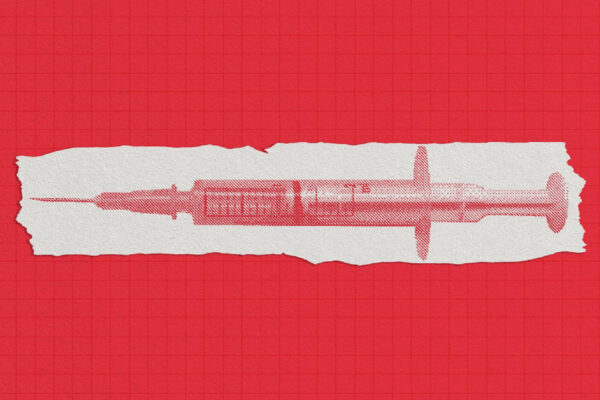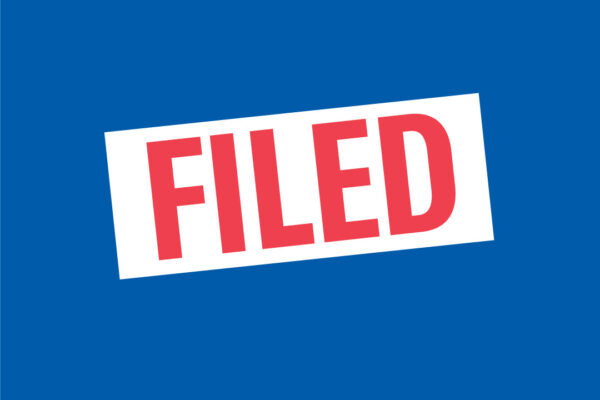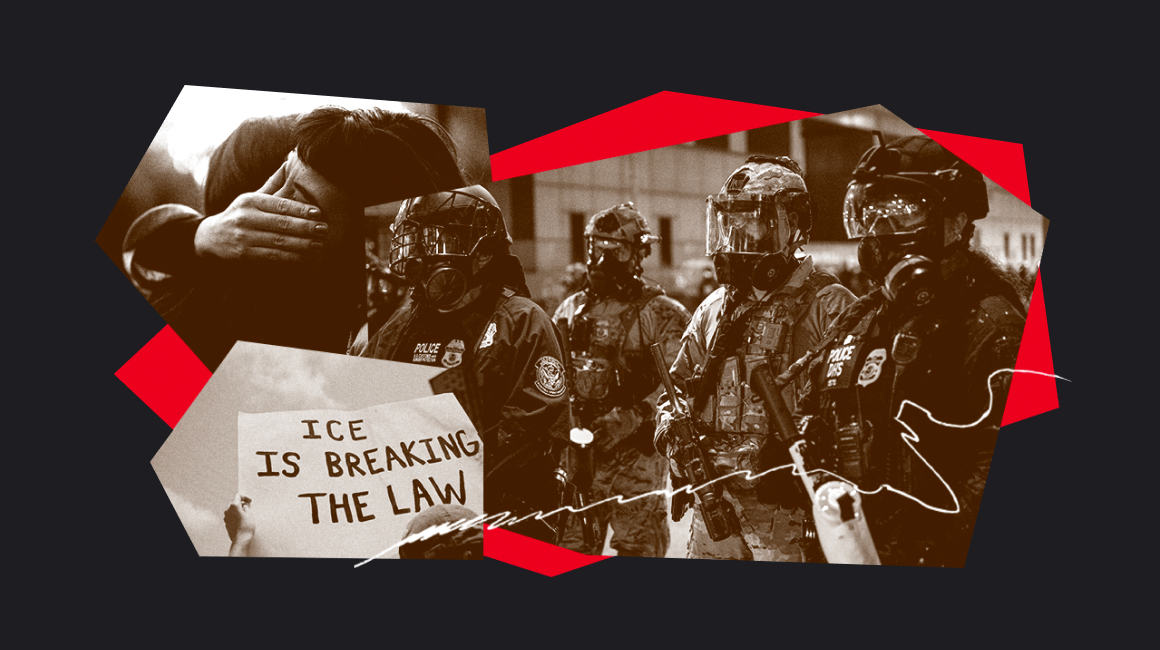Criminal Legal Reform
The ACLU of Indiana fights to protect the rights of individuals at every level of the criminal justice system.

America, land of the free, has earned the disturbing distinction of being the world’s leading jailer. Representing just 5 percent of the world’s population, we now hold 25 percent of its inmates. The “tough on crime” politics of the 1980s and 1990s fueled an explosion in incarceration rates. By the close of 2010, America had 1,267,000 people behind bars in state prisons, 744,500 in local jails, and 216,900 in federal facilities — more than 2.2 million people locked in cages.
In Indiana, 43,200 Hoosiers are in state prison or jail and 116,700 people are on probation or parole. 34% of Indiana's incarcerated population is Black, as compared to 9% of the state population.
The ACLU of Indiana supports criminal justice reform and fights for the rights of those who are incarcerated in our state. This includes working to reduce jail overcrowding and working to protect religious liberty. We have opposed legislation dictating DNA collection of arrestees in the statehouse, and we have worked with local law enforcement on developing stronger implicit bias training.
- Reforming Policies: We are fighting for nationwide reforms to police practices, indigent defense systems, and government abuses of authority in the name of fighting crime.
- Sentencing Reform: We must reduce both the number of people entering jails and prisons and the extreme laws and policies that drive extraordinarily long prison terms.
- Bail Reform: Unjust and for-profit bail systems needlessly lock up millions of people who haven’t been convicted of a crime just because they can’t afford to pay bail. We’re overhauling this harmful system that strips people of their rights, targets poor people and people of color, and hurts families and communities.
- Prosecutorial Reform: Prosecutors across the country work towards convictions, not justice. These mostly elected officials bear great responsibility for driving mass incarceration. We’re changing that by challenging prosecutorial abuse in the courts and legislatures and through voter education.
- Parole Reform: Hundreds of thousands of people—including those convicted of violent and non-violent crimes—stay in prison for too long because of broken parole and release systems. By expanding evidence-based opportunities for release, we are working to ensure systems are fair, respect people’s rights, and promote safety and success for those returning to their communities.
- Reentry: Each year, 600,000 men and women nationwide return from prison to their communities. Yet the challenges do not end once the prison bars are lifted. They face nearly 50,000 federal, state and local legal restrictions that make it difficult to reintegrate back into society. We are working to end the collateral consequences that are imposed on people living with a criminal record.
- Voting: Voting rights are restored upon release from jail or prison in Indiana. People who have been previously incarcerated should check their registration, and re-register to vote if it has been canceled. Individuals on parole, probation, home detention, or people who are in jail, awaiting trial can vote. People who are in a community corrections program can vote. Read more on Yes! You Can Vote!
The Latest

Indiana Set to Resume Executions, Despite History of False Convictions

ACLU of Indiana Sues Officials at Henry County Jail for Misconduct and Harassment

ACLU of Indiana Sues IDOC Over New Law that Bans Trans Medical Care in Correctional Facilities
Take Action
Today, years of hard-fought civil liberty protections are under threat.
To influence lawmakers, we need everyone to get involved. Here is 1 action you can take today.
Stay Informed
Sign up to be the first to hear about how to take action.
By completing this form, I agree to receive occasional emails per the terms of the ACLU’s privacy statement.
By completing this form, I agree to receive occasional emails per the terms of the ACLU’s privacy statement.


